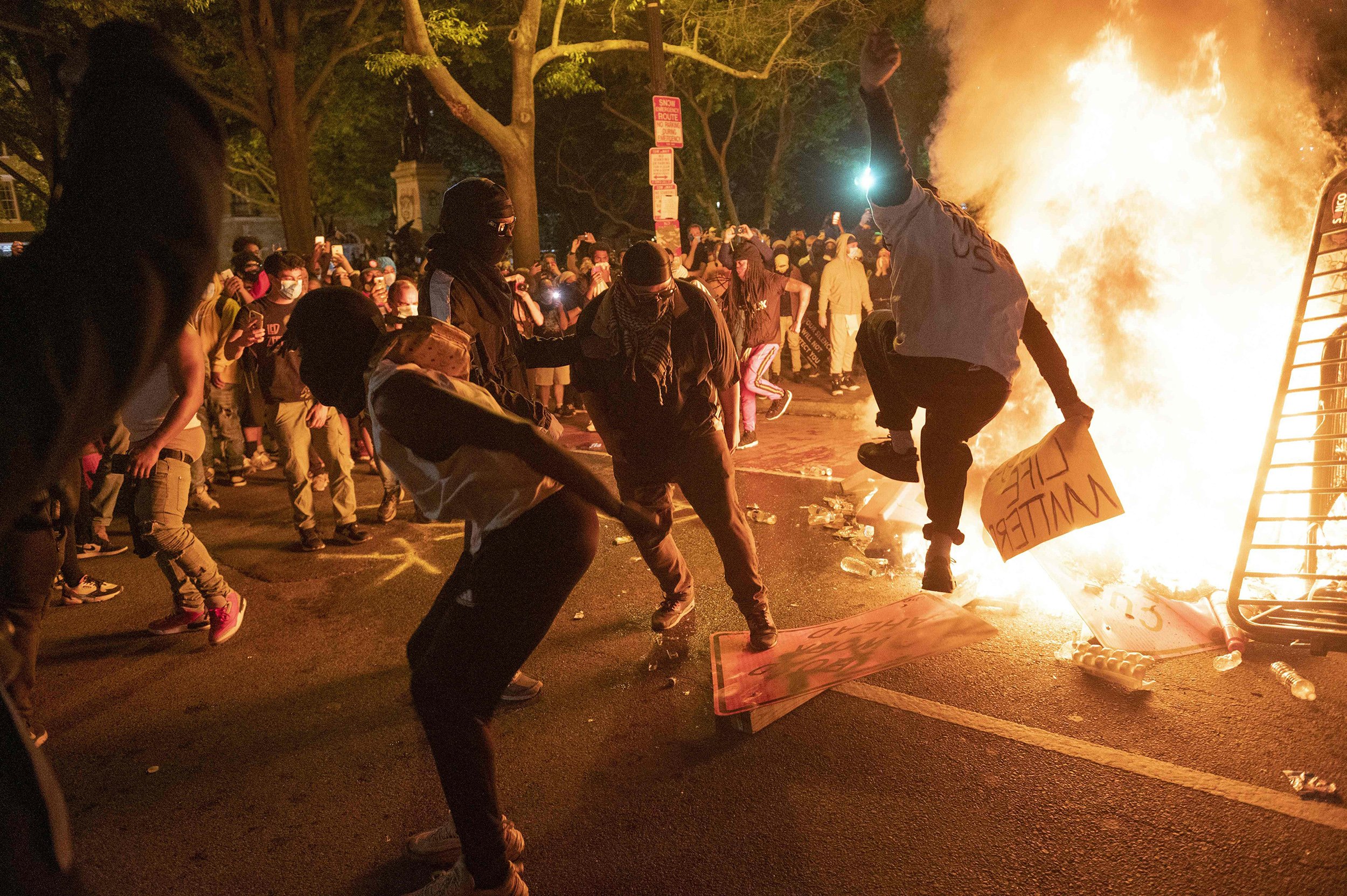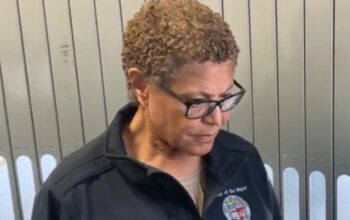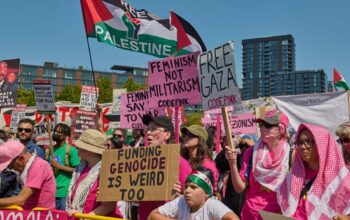I finally agree with a Progressive blog—48 Hills is right, the Hollywood Slicky sending the CHP to Oakland will not solve the crime problem. Under State law you can steal up to $950 worth of goods at one time and not even get arrested. And, if you try to stop the crook, YOU get uninvestigated—note this has happened in Stockton.
All the resources mean nothing. A few years ago Oakland defunded the police and one third of the officer left. Ever since the city has been a war zone, with criminals in charge of the streets and stores. No amount of money or “Ambassadors” will solve the problem—putting criminals in jail will.
“The governor is promoting a false narrative about violence prevention
If elected officials looked at the data, they would know that former Mayor Libby Schaaf brought in the CHP no less than three times over the course of her two terms in office. On each occasion, the data proved that the presence of these officers did not result in a noticeable decrease in violent crime.”
It is policy, not the color of the uniform that can make the difference.
Newsom’s CHP plan will not make Oakland safer

Communities with adequate resources have less violence than communities with a lot of cops
ByCAT BROOKS, 48 Hills, 8/6/23 https://48hills.org/2023/08/newsoms-chp-plan-will-not-make-oakland-safer/
When will our elected officials start making data driven decisions to address violence and increase public safety in our communities? Governor Newsom’s decision to send California Highway Patrol Officers to Oakland is not rooted in effective violence-prevention policies or data, but rather is a lazy attempt to suggest action while endangering the people of Oakland.
The governor is promoting a false narrative about violence prevention
If elected officials looked at the data, they would know that former Mayor Libby Schaaf brought in the CHP no less than three times over the course of her two terms in office. On each occasion, the data proved that the presence of these officers did not result in a noticeable decrease in violent crime.
Oakland’s emergency was not created by the Defund movement, because on no occasion has the Oakland Police Department ever been defunded in a budget cycle. Rather, the agency’s budget continued to grow by millions, shrinking resources to the Department of Violence Prevention, housing initiatives and other violence-prevention mechanisms.
The crisis we face now is due to a lack of investment in the services and resources proven to keep our communities safe. The safest communities are the most resourced, not the most policed.
Right now, I am terrified for the people of Oakland. California Highway Patrol is an agency marred with countless instances of racial profiling, harassment, assault and murder against Black and Brown Californians. On no less than two occasions, CHP officers have punched Black women in the face and been complicit in the killings of individuals like Erik Salgado and Juan Diego Bernal Yuriar.
Additionally, traffic stops are the most common way Black and Brown folks get funneled into the criminal legal system at disproportionate rates. You don’t need a gun for a traffic stop, and you don’t need CHP to keep Oaklanders safe.
If we were serious about crime reduction we would first ask the question: Is OPD on an “unofficial” strike, and is that unofficial strike one of the primary factors leading to the current crisis? Current police response times are slow, as the department spends nearly 90 percent of its time responding to nonviolent calls. The claim that their delayed response to actual violent crime is a result of defunding does not hold up to the facts of the past decade of budget cycles in the City of Oakland.
The current crisis is the result of severe divestment in working-class Black and Brown communities. At the start of the pandemic, more than 50 Black leaders came together to demand investments in jobs, housing and basic social services in the form of A Black New Deal to combat the economic impacts of the COVID-19 pandemic. Our voices were ignored, and our communities have been left to deal with the strain of the current crisis without sufficient aid.




